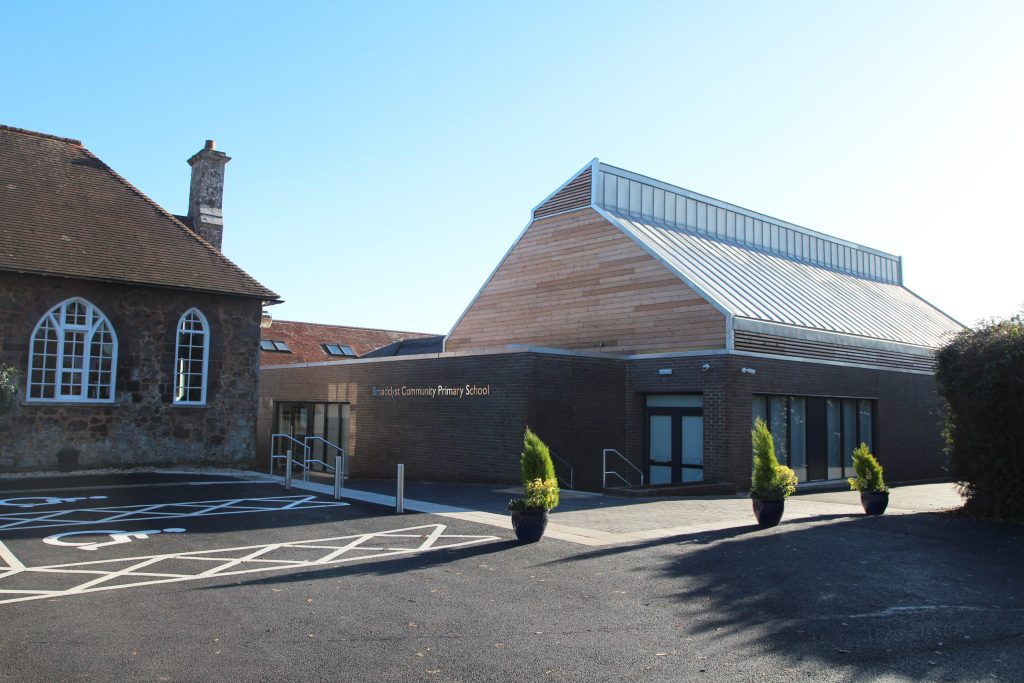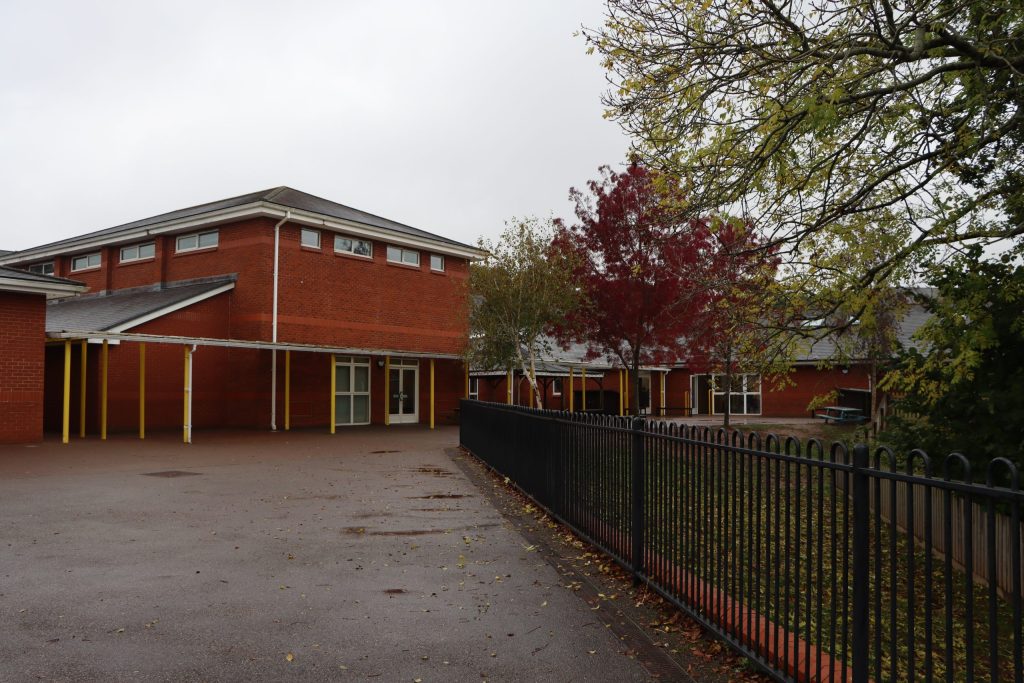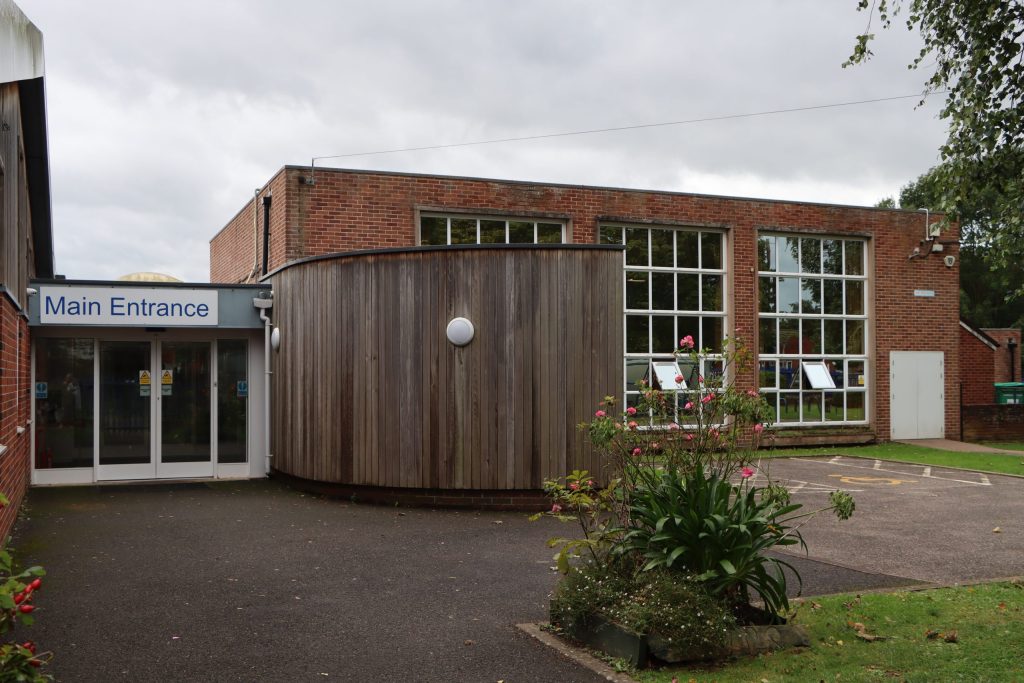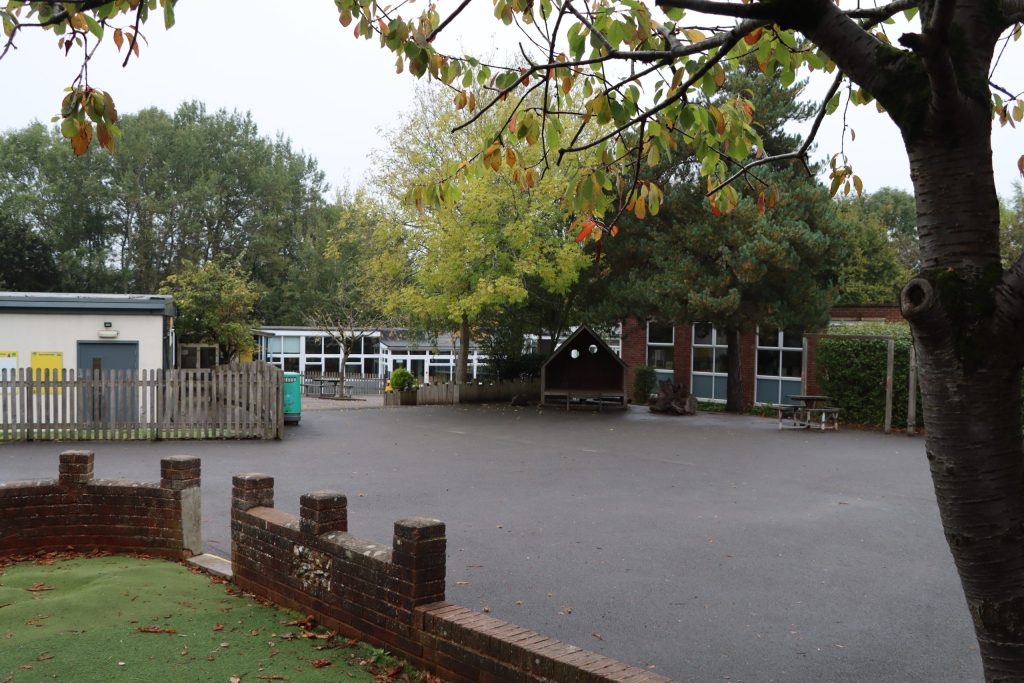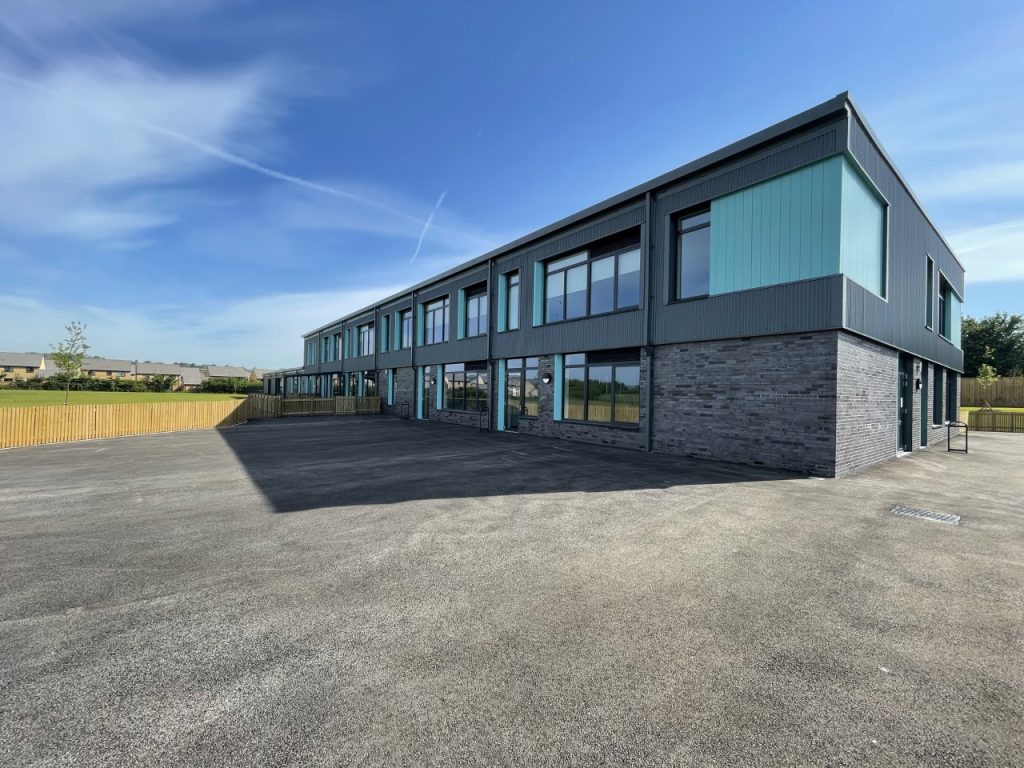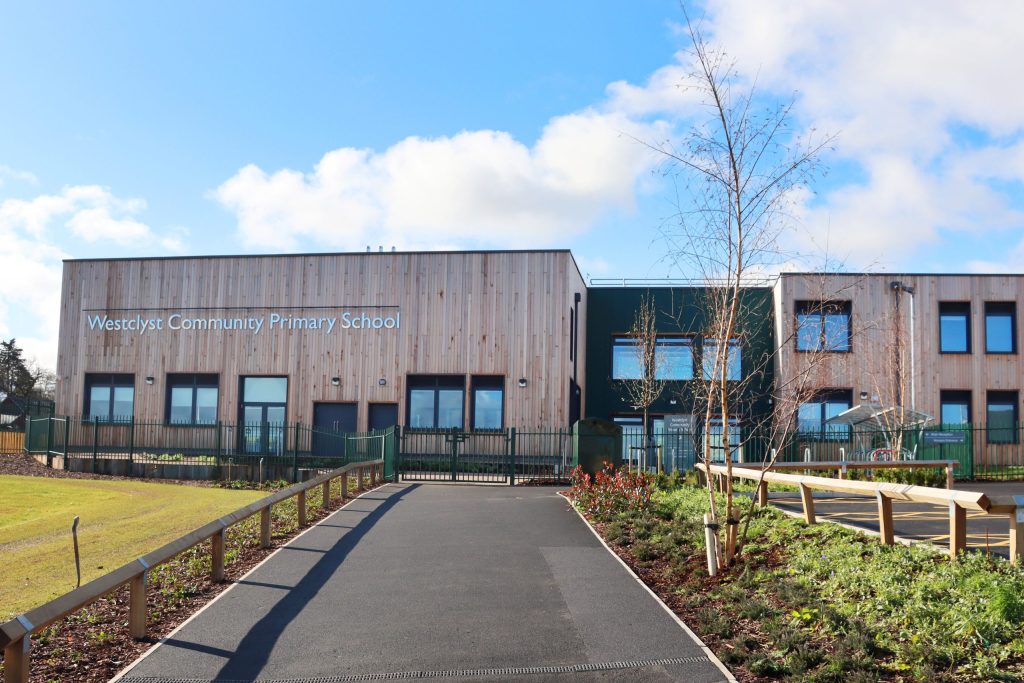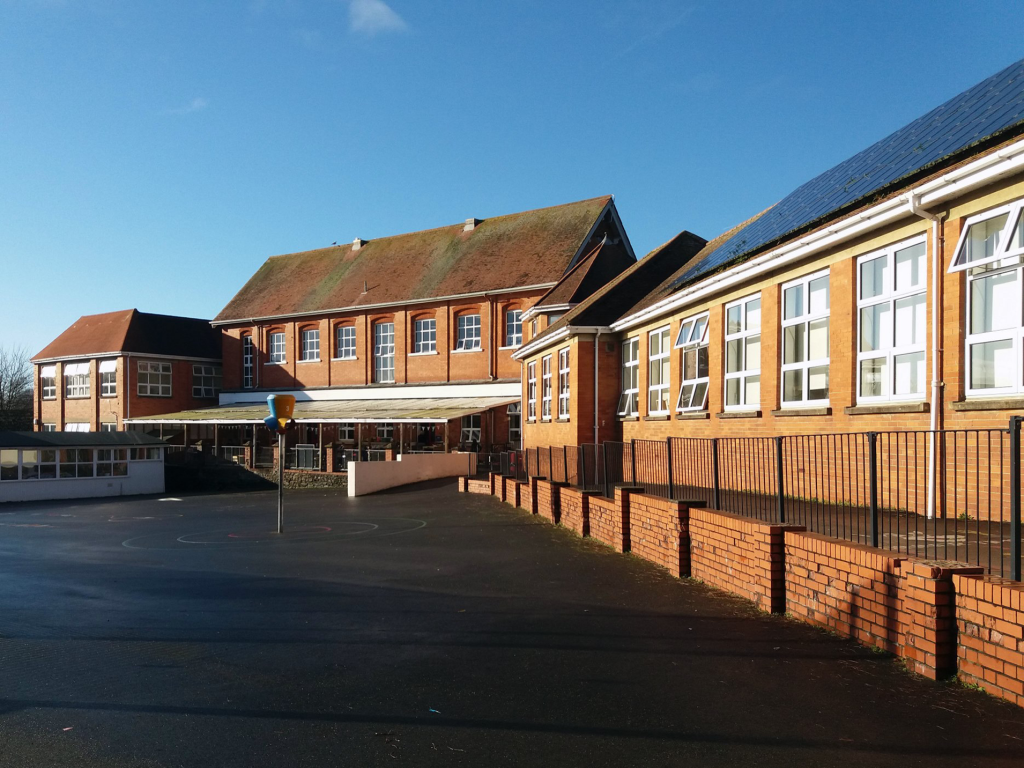Year 5 Curriculum Overview
Year 5 is a vibrant and enriching year filled with creativity and performance. Pupils have the opportunity to perform twice throughout the year, with modern Shakespeare retellings or Cautionary Tales productions in a local theatre and the chance to perform promenade theatre through a historical re-enactment at a local heritage site – studying topics like WWII, WWI or the English Civil War. Children also take part in a sustainability project where they develop their own documentaries to inform and educate others on sustainable solutions and challenges we face in our world. Space studies lead to an Astronomy Evening with a space dome experience, while spring brings a deep dive into prehistory and a trip to Cheddar Gorge. A highlight is the five-day Heatree residential, featuring outdoor learning, geography fieldwork, pre-history days and team building challenges. Enrichment opportunities expand in Year 5, including joining squads like football, table tennis, chess, gardening, or musical theatre, becoming library monitors, and contributing to weekly broadcasts of CTV, the school’s weekly news show. By the year’s end, pupils emerge more confident, independent, and proud of their achievements.
Project Based Learning
Shakespeare & Cautionary Tales
Sustainability Documentaries
Space Investigation
Shakespeare & Cautionary Tales: Theatre Performance Festival
Children explore the timeless impact of Shakespeare’s plays and the moral lessons in Hilaire Belloc’s cautionary tales. They analyse themes, characters, and storytelling techniques across both genres. Drama workshops help pupils develop performance skills, voice projection, and stage presence. Working in groups, they adapt scenes for the stage, blending classical and comedic elements. Rehearsals build confidence and collaboration. The project culminates in a live theatre performance alongside other schools. Pupils reflect on how stories shape culture and behaviour. The experience celebrates creativity, literature, and teamwork.
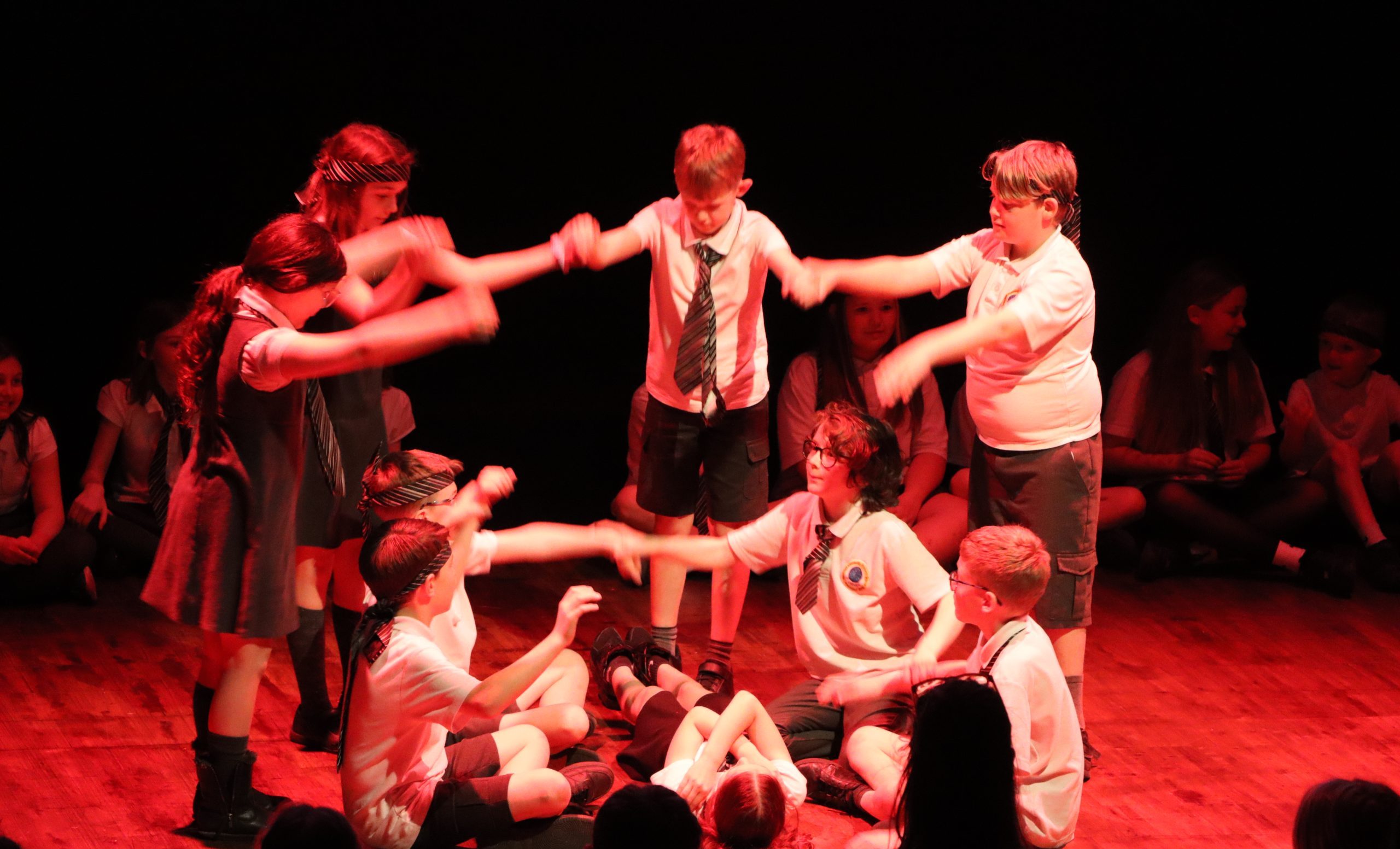
Sustainability Documentaries: Research, Film & Edit
Children explore key sustainability themes such as climate change, pollution, and conservation. In small groups, they research their chosen topic, develop questions, and write documentary scripts. Pupils learn how to structure a compelling narrative using facts and interviews. They film and edit their documentaries using digital tools. The project builds skills in media, science, and persuasive communication. It encourages critical thinking and environmental awareness. Final documentaries are shared with the school community. The experience empowers pupils to become informed advocates for change.
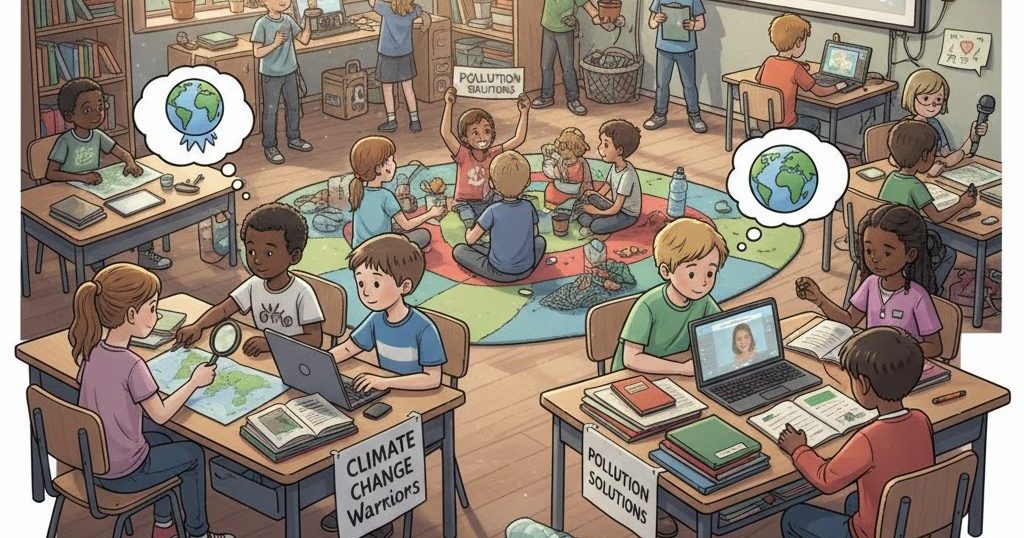
Space Investigation: Astronomy Evening Showcase
Using the science curriculum as a foundation, children investigate planets, space travel, and the life of astronauts. They discuss the pros and cons of space exploration and imagine future possibilities. Pupils create presentations, models, and interactive displays. The project culminates in an Astronomy Evening, where families are invited to explore a space dome, use telescopes, and view student work. It blends science, literacy, and public speaking. Children develop curiosity, research skills, and confidence. The event celebrates their learning in a hands-on, immersive way. It’s a highlight of the year for both pupils and families.

Iron Age Hillforts
River Study
Historical Re-enactment
Iron Age Hillforts: Create a Digital Guidebook
Children study the features and purpose of Iron Age hillforts. They explore local geography to identify possible historical sites. Pupils research defensive structures, daily life, and archaeological evidence. Using digital tools, they create guidebooks with maps, illustrations, and informative text. The project blends history, geography, and computing. It encourages exploration, analysis, and creativity. Final guidebooks are shared digitally with peers and families. The experience connects local heritage with modern technology.
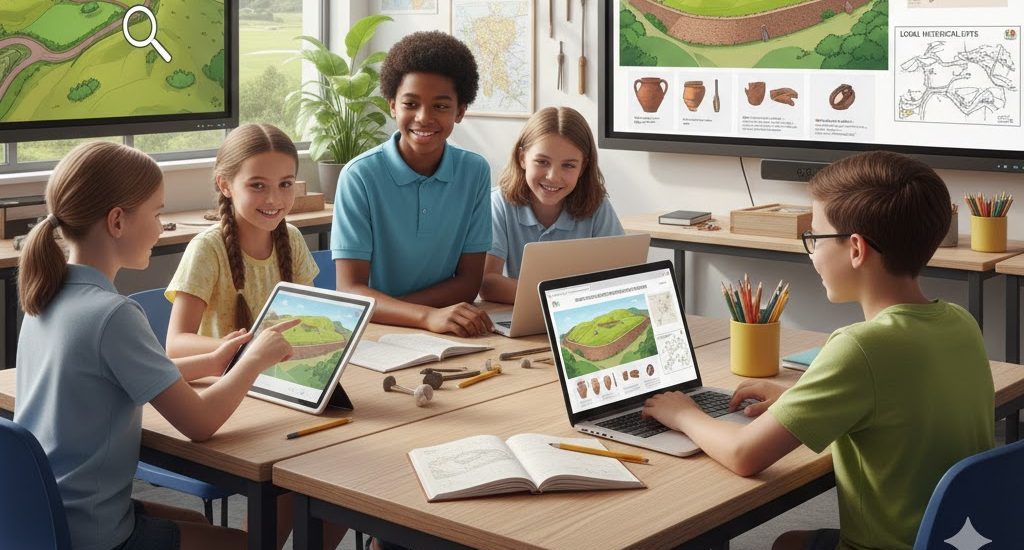
River Study: Geography Fieldwork & Report
Children plan and carry out a field study along a local river, from source to mouth. They map the route, identify drop points, and collect data on physical and human changes. Pupils analyse riverbed features, erosion, and land use. They compile findings into a detailed report with scale maps, graphs, and conclusions. The project builds geographical enquiry, data handling, and scientific observation. It encourages outdoor learning and environmental awareness. Final reports are presented to the class and displayed. The experience deepens understanding of natural processes and local geography.
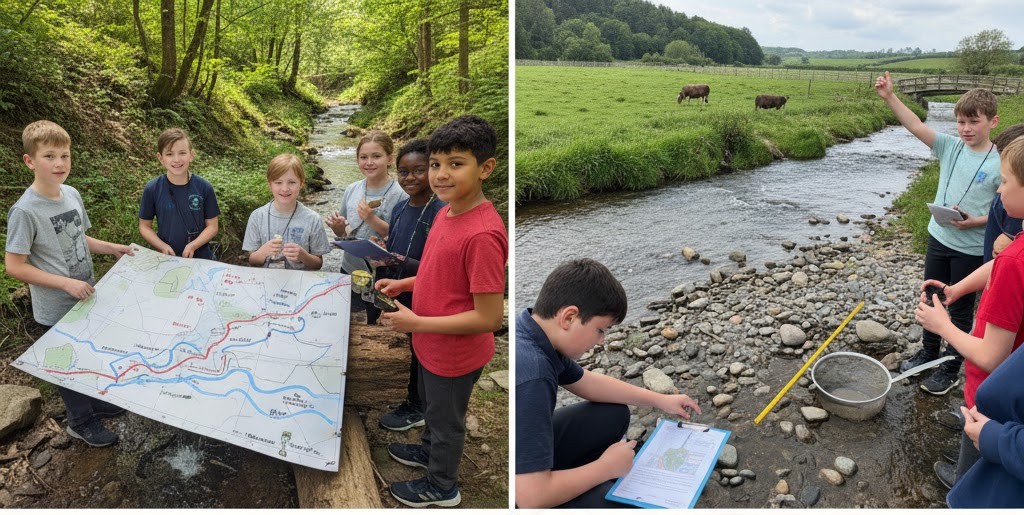
Historical Re-enactment: Promenade Theatre on Location
After visiting a local historical site, children study a relevant era—ranging from the Civil War to WW1 or WW2. They write short scripts based on real events and characters. Pupils rehearse scenes to be performed in different rooms and outdoor spaces at the venue. The production blends comedy with historical accuracy, creating an engaging promenade theatre experience. It builds drama, history, and storytelling skills. Children work collaboratively to stage and perform their scenes. The project connects learning to real-world locations and audiences. The final performance is a memorable celebration of history and creativity.
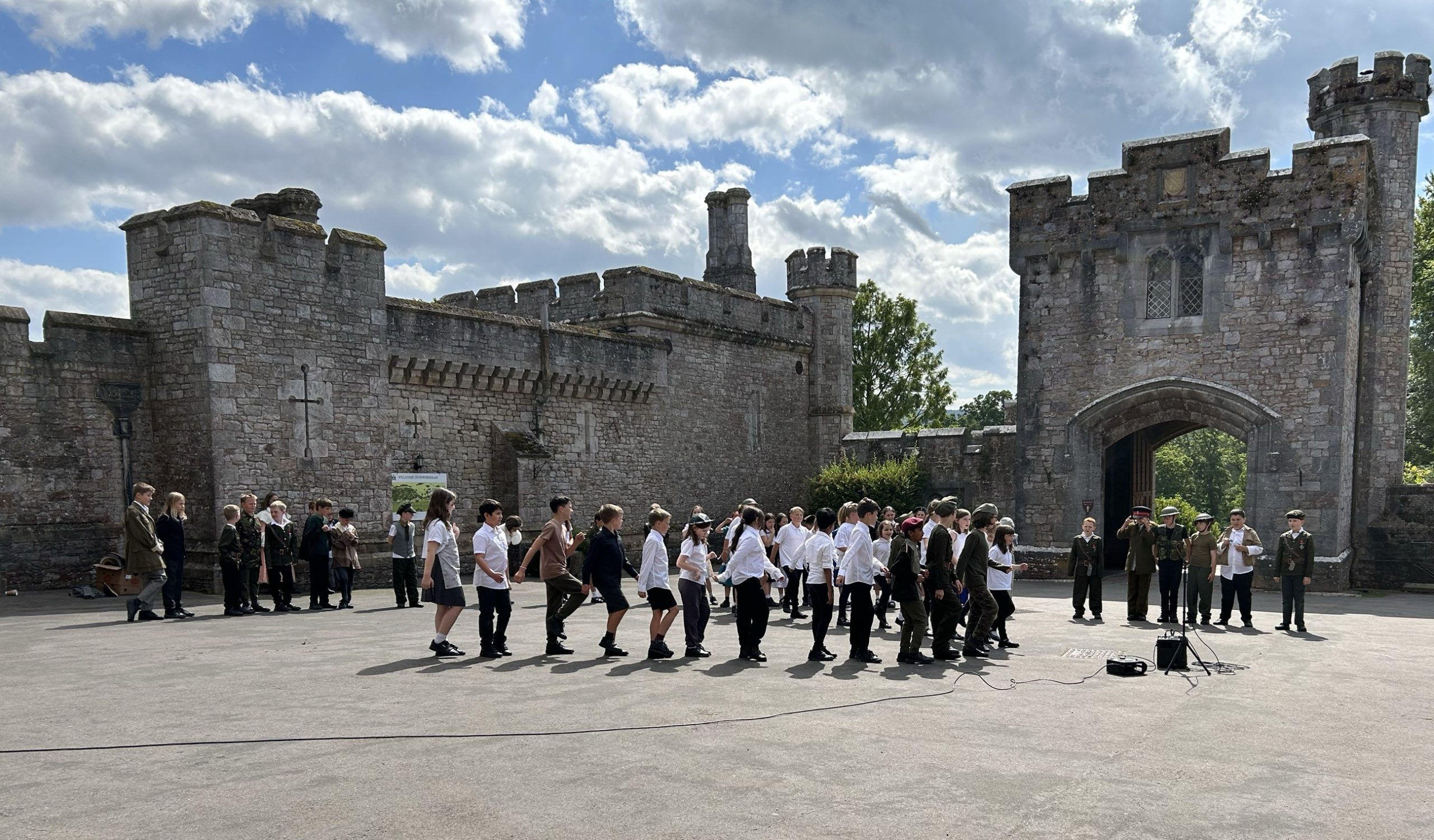
Contact: admin@tcat.education
Phone: 01392 304040
© The Cornerstone Academy Trust 2025



